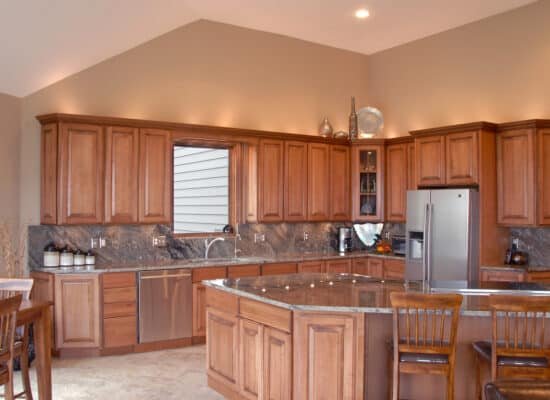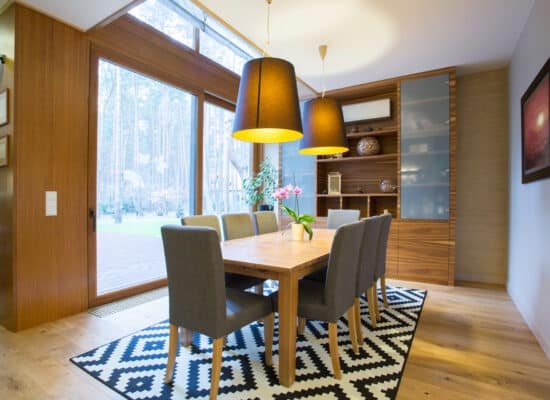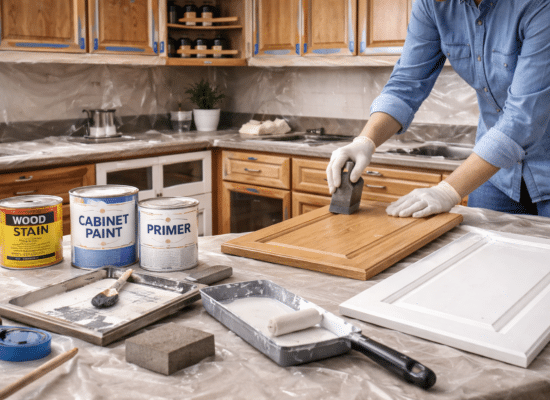When it comes to home renovations, the choices can often seem as endless as a roll of wallpaper. If you’re standing in the flooring aisle, overwhelmed by the array of options underfoot, focus on two key contenders battling for the title of “best flooring option”: laminate and vinyl. Both have risen in popularity, capturing the hearts—and floors—of homeowners across the globe. They promise style and value, but which one truly deserves to reign supreme in your space?
Table Of Content
- Understanding Laminate Flooring: The Budget-Friendly Elegance
- Vinyl Flooring: Waterproof Wonder or Comfort Champion?
- Style Showdown: Comparing Aesthetics and Design Options
- Durability Duel: Which Flooring Type Holds Up Better?
- Installation Ease: DIY-Friendly Laminate or Hassle-Free Vinyl?
- Maintenance Matters: Cleaning and Care Tips for Laminate vs Vinyl
- Environmental Impact: Eco-Friendly Considerations
- Cost Comparison: Which Offers Better Value for Money?
- Real-Life Testimonials: Homeowners’ Experiences with Laminate and Vinyl
- The Verdict: Choosing the Right Flooring Option for Your Space
The allure of laminate flooring lies in its ability to mimic the elegance of hardwood at a fraction of the cost. It delivers durability and aesthetics in one glossy package. On the flip side, vinyl flooring wields its own unique charm, celebrated for its waterproof nature and comfort underfoot—ideal for areas prone to moisture and spills.
This blog post dives deep into the fundamental differences, exploring the nuanced aspects of laminate vs vinyl flooring. Whether it’s the glance-and-feel factor, installation ease, or long-term value, we’ll equip you with the knowledge to make an informed decision. Your flooring choice will gracefully withstand the test of time—and your daily life.
Step into the world of lamination legends and discover which flooring hero will best suit your kingdom.
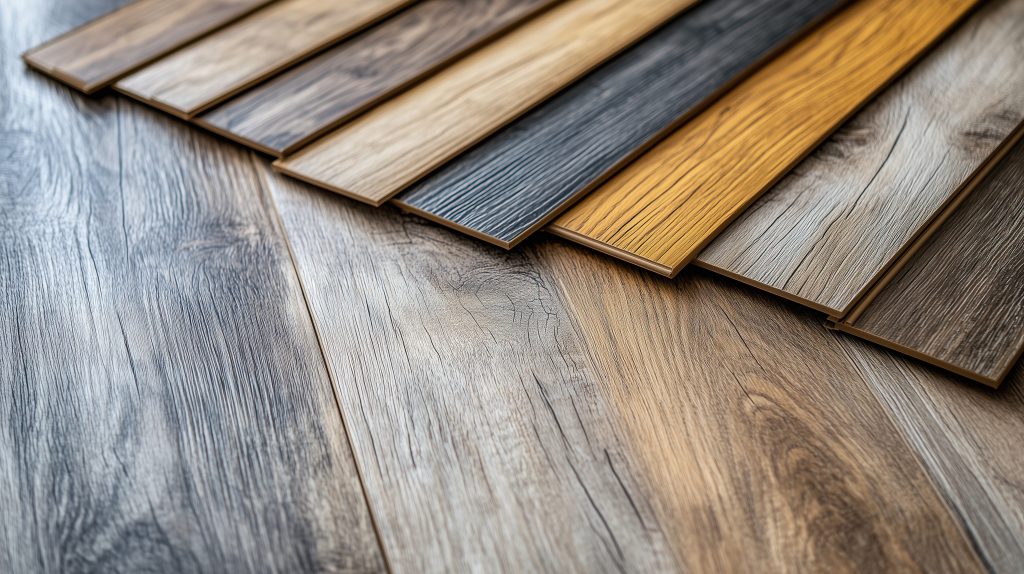
Understanding Laminate Flooring: The Budget-Friendly Elegance
Laminate flooring has gained popularity as a budget-friendly alternative to hardwood. It offers the elegance and beauty of natural wood without the hefty price tag. Made up of multiple layers, laminate has a high-density fiberboard (HDF) core for stability and durability. The top layer, a clear protective coating, gives it a glossy finish while protecting against scratches and stains.
A key advantage of laminate flooring is its versatile design options. It can mimic various wood types, including oak, maple, and cherry, allowing homeowners to achieve their desired aesthetic without breaking the bank. Laminate flooring comes in a wide range of colors and patterns, offering plenty of choices to match existing decor.
Installation is relatively easy, making it a popular choice for DIY enthusiasts. Most laminate floors use a click-lock system that allows planks to be snapped together without glue or nails, saving time and reducing installation costs.
Vinyl Flooring: Waterproof Wonder or Comfort Champion?
Vinyl flooring has made significant advancements in recent years, becoming a top contender among flooring options. One standout feature is its waterproof nature, making it an excellent choice for areas prone to moisture, such as kitchens and bathrooms.
In addition to being waterproof, vinyl flooring offers exceptional comfort underfoot. Its resilient nature provides cushioning and absorbs impact, making it more forgiving on joints compared to harder surfaces like tile or hardwood.
Vinyl flooring comes in various styles and designs, including planks that mimic hardwood or tiles that resemble natural stone. This allows homeowners to achieve their desired aesthetic without sacrificing functionality.
Style Showdown: Comparing Aesthetics and Design Options
Both laminate and vinyl flooring offer a wide range of aesthetic options. Laminate excels in replicating hardwood, providing a classic and timeless appeal with its embossed texture that adds depth and realism.
Vinyl flooring offers versatility in design, mimicking various materials such as wood, stone, or ceramic tiles. Advancements in printing technology have made vinyl flooring almost indistinguishable from the real thing.
The choice between laminate and vinyl ultimately comes down to personal preference. If you prefer the traditional look of hardwood, laminate may be better. However, if you want more design flexibility and waterproof properties, vinyl might be the way to go.
Durability Duel: Which Flooring Type Holds Up Better?
Both laminate and vinyl flooring are known for their durability, withstanding everyday wear and tear. Laminate is highly resistant to scratches, stains, fading, and moisture when properly maintained. However, it can be damaged by excessive moisture or standing water if not promptly cleaned up.
Vinyl flooring is also durable and resistant to scratches and stains. Its waterproof nature makes it an excellent choice for high-moisture areas where other flooring types may struggle.
In terms of longevity, both laminate and vinyl can last for years with proper care. Regular cleaning with non-abrasive cleaners is recommended for both types to maintain their appearance and extend their lifespan.

Installation Ease: DIY-Friendly Laminate or Hassle-Free Vinyl?
Both laminate and vinyl flooring offer easy installation options, suitable for DIY projects. Laminate typically uses a click-lock system, allowing planks to snap together without glue or nails, making it a straightforward process for homeowners with basic tools.
Vinyl flooring also provides easy installation options, using either a peel-and-stick method or a loose-lay method. The peel-and-stick method involves removing the backing and adhering the tiles or planks to the subfloor, while the loose-lay method simply lays the tiles or planks on top of the subfloor without adhesive.
Maintenance Matters: Cleaning and Care Tips for Laminate vs Vinyl
Maintaining laminate flooring is simple. Regular sweeping or vacuuming with a soft brush attachment can remove dirt and debris that may cause scratches. Promptly wipe up spills to prevent moisture damage, and avoid excessive water when cleaning to prevent swelling.
Vinyl flooring is also easy to maintain. Regular sweeping or vacuuming removes dirt and debris, and spills can be wiped up without worry about moisture damage. Vinyl floors can withstand more water during cleaning compared to laminate.
Environmental Impact: Eco-Friendly Considerations
Both laminate and vinyl flooring have their environmental pros and cons. Laminate is made from composite wood materials that may contain formaldehyde-based resins. However, many manufacturers now produce low-emission or formaldehyde-free laminates, improving indoor air quality.
Vinyl flooring, made from PVC (polyvinyl chloride), raises environmental concerns due to fossil fuel use and potentially harmful chemical release during production. Some manufacturers, however, offer eco-friendly options made from recycled materials or bio-based alternatives.
Cost Comparison: Which Offers Better Value for Money?
In terms of cost, laminate flooring is generally more affordable than vinyl. It provides a budget-friendly option for homeowners seeking the look of hardwood without the high price tag.
Vinyl tends to be slightly more expensive but offers benefits like waterproof properties and comfort underfoot. Ultimately, value for money depends on individual preferences and needs. If budget is your main concern, laminate may be the better choice. However, if you prioritize waterproofing and comfort, vinyl may offer better long-term value.
Real-Life Testimonials: Homeowners’ Experiences with Laminate and Vinyl
To provide a well-rounded perspective on laminate vs vinyl flooring, let’s hear from homeowners with firsthand experience. “We chose laminate for our living room to get the hardwood look without spending a fortune. It has held up well against kids and pets, and cleaning is easy.” – Sarah
“We installed vinyl plank flooring in our kitchen after a plumbing mishap ruined our previous floor. The waterproof feature gives us peace of mind with two young children who are prone to spills.” – Mark
“I opted for laminate in my home office for a professional look without breaking my budget. Installation was a breeze, and I’m impressed with its durability over time.” – Emily
The Verdict: Choosing the Right Flooring Option for Your Space
Choosing between laminate and vinyl flooring doesn’t have a one-size-fits-all answer. It depends on your specific needs, preferences, and budget.
If you’re looking for a cost-effective option resembling hardwood, laminate may be the way to go. Its durability, ease of installation, and design options make it popular among homeowners.
On the other hand, if you prioritize waterproof properties and comfort, vinyl flooring may be the better option. Its design versatility and moisture resistance make it suitable for areas prone to spills or high humidity.
Consider your lifestyle, the specific room for installation, and your budget when making a decision. By weighing the pros and cons of laminate vs vinyl and considering real-life testimonials, you can confidently choose the right flooring for your space.





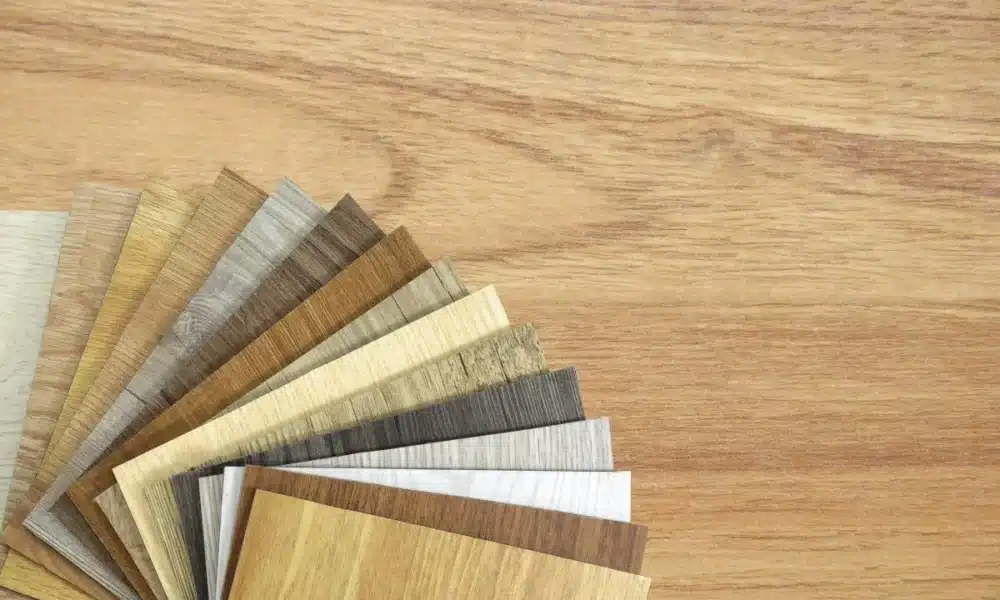


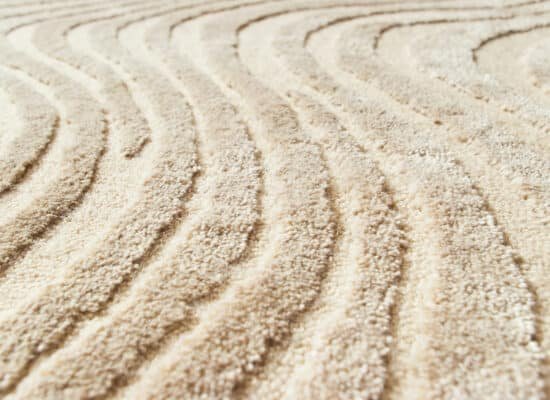
![Shiplap Costs Per Square Foot: Proven Expert [2026 Pricing Guide] Shiplap Costs](https://mynexthouseproject.com/wp-content/uploads/2026/01/Shiplap-Costs-550x400.jpg)
